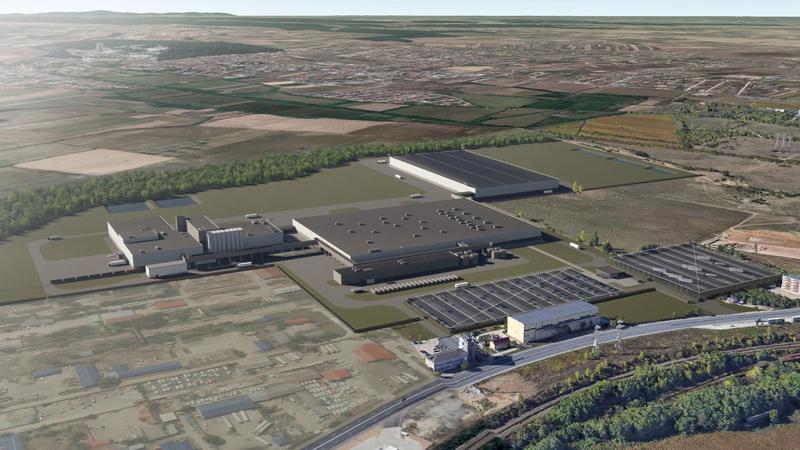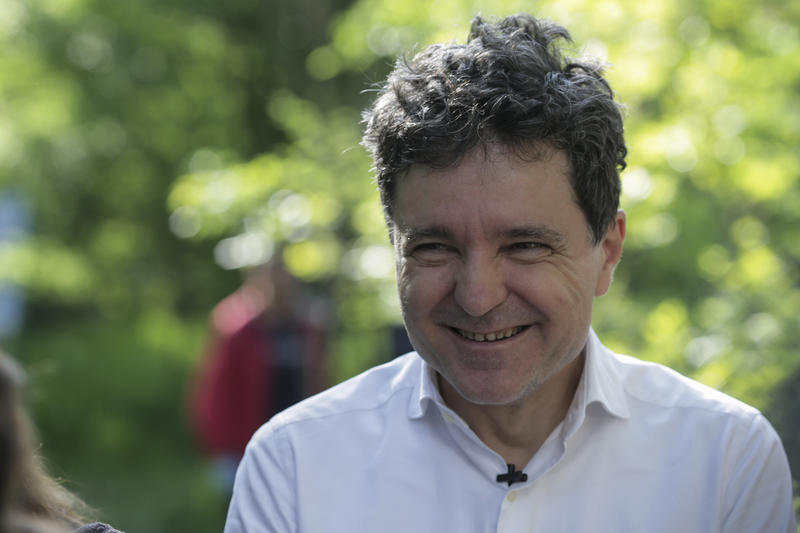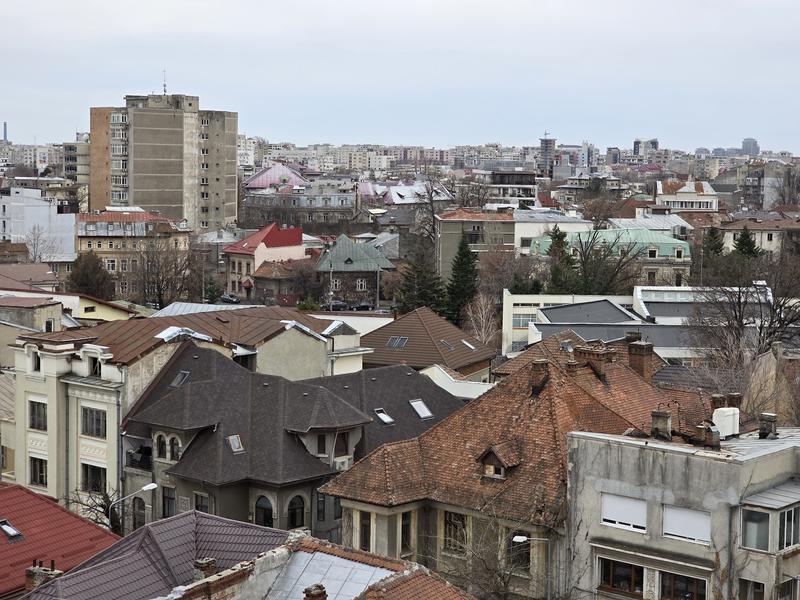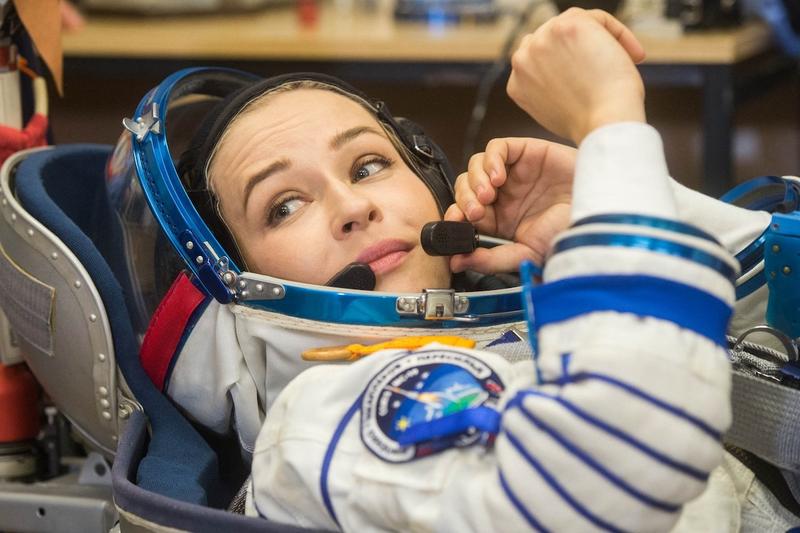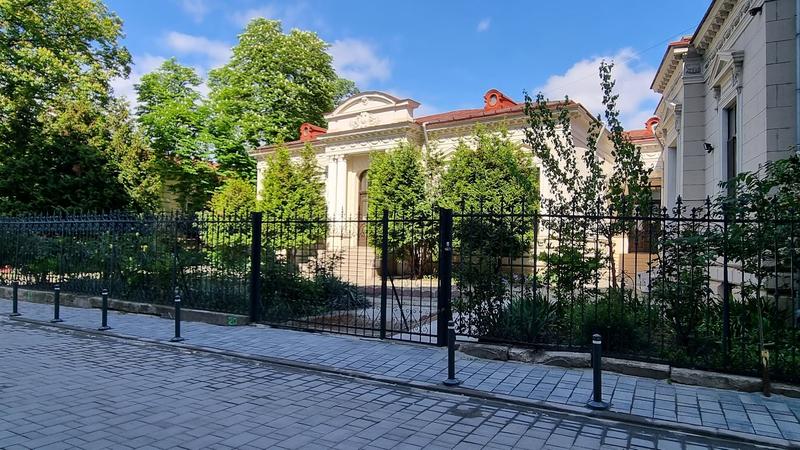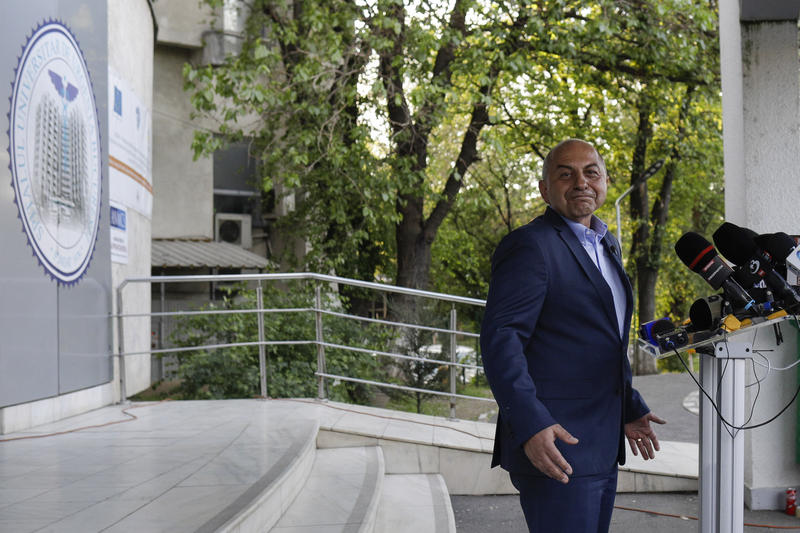Romanian newspapers today are delighted to answer the challenge of a top politician who published his ex-Communist secret police files yesterday in order to prove he was not an informer for late dictator Ceausescu’s dreaded Securitate. One newspaper reveals that officers of the Army secret service have been ordered to have journalists and parliamentarians work for its cause.
A bomb explosion in the Transdniestr region sparks a strange debate in Bucharest, where talk of the relations between Romania and its Western allies is revived.
Dan Voiculescu, the leader of the Conservative Party-PC which is a junior member of the governing coalition yesterday, came forward yesterday to show the media his file from the archives of the former Communist secret police, the Securitate.
He thus tried to prove he was not involved in political police operations, as he had been charged by the National Council for the Study of the Securitate Archives.
It was a “multimedia show aimed at proving Voiculescu innocent”, Evenimentul Zilei considers, as the politician tried to prove the contrary - that he was not an informer for the Securitate, but was eyed by the Securitate himself.
Still, the documents shown yesterday prove at least one thing, says Evenimentul Zilei: that Voiculescu informed the Securitate about an Austrian citizen, Leo Gottfried, who was criticizing the Communist regime in Bucharest and offered help to people fleeing the country.
Voiculescu said on this specific data that the information on Gottfried was not an act of political police, as it did not have any effect.
The case is noted by Gandul as well, which also reports on a note related to a German citizen and submitted to the Securitate in 1977. Thje man, however, is not charged with any specific activities.
Adevarul opts to focus on a renewed confrontation between Voiculescu and the head of the CNSAS, Mircea Dinescu, on the margins of the presentation yesterday.
Voiculescu attacked Dinescu over his claims that the PC leader ran political police activities and charged the CNSAS head of being involved in such activities himself starting 1983.
Elsewhere in the newspapers, Evenimentul Zilei reports that for over a year officers of the DGIA, the secret service of the Romanian army, have been active in trying to hook up journalists and parliamentarians to serve the interests of the Defence Ministry.
The information was confirmed by the head of the Defense Commission in the House of Deputies yesterday, while Defense minister Teodor Atanasiu claimed it was a “routine activity”, in line with the law, the newspaper reports.
The same newspaper links a report about a bomb explosion in the separatist Transdniestr region east of Romania to recent statements by Romanian President Traian Basescu on a possible joint accession of Romania and the Moldovan Republic to the EU.
A strong bomb blew up a common transportation vehicle in Tiraspol, capital of the safe-proclaimed Transdniestr republic on Thursday, killing 8 people and wounding another 46.
But while there were not enough evidence to point the author of the attack, authorities in Tiraspol were quick to blame the secret services of the Moldovan Republic, interested in “spreading panic among the Transdniestr population”..
Evenimentul Zilei also quotes the so-called Security Minister of Transdniestr, Vladimir Antiufeev, who on Tuesday said Tiraspol will call for a larger number of “Russian pacifiers” in the region following recent statements by Romanian President Traian Basescu on the reunification of the Romanian nation within the EU.
Russia continues to maintain a significant number troops in Transdniestr despite intensive calls to withdraw them.
Antiufeev was speaking about a recent statement in which President Basescu raised the idea of a joint Romania-Moldova Republic accession in the EU as a single nation. The Moldova Republic used to be a part of Romania but was sucked into the USSR as a republic last century.
For its part, Adevarul quotes the head of the European Commission Delegation to Bucharest, Jonathan Scheele, who said yesterday he was surprised of Basescu’s proposal and said that while it was “an interesting idea”, he did not know whether it was presented to any member of the EC or other European leader.
And Scheele said the model of the German unification invoked by Basescu would not necessarily apply in any context.
Cotidianul also reports that the Defense Ministry request, rejected last week, that Romania withdraw its troops from Iraq still makes waves in Bucharest. The newspaper writes that US Ambassador Nicholas Taubman had a short conversation with PM Calin Popescu Tariceanu - who pushed for the troops withdrawal - on Wednesday.
According to unidentified governmental sources, Taubman had a clear and straightforward message that the US was displeased by the pullback idea.
